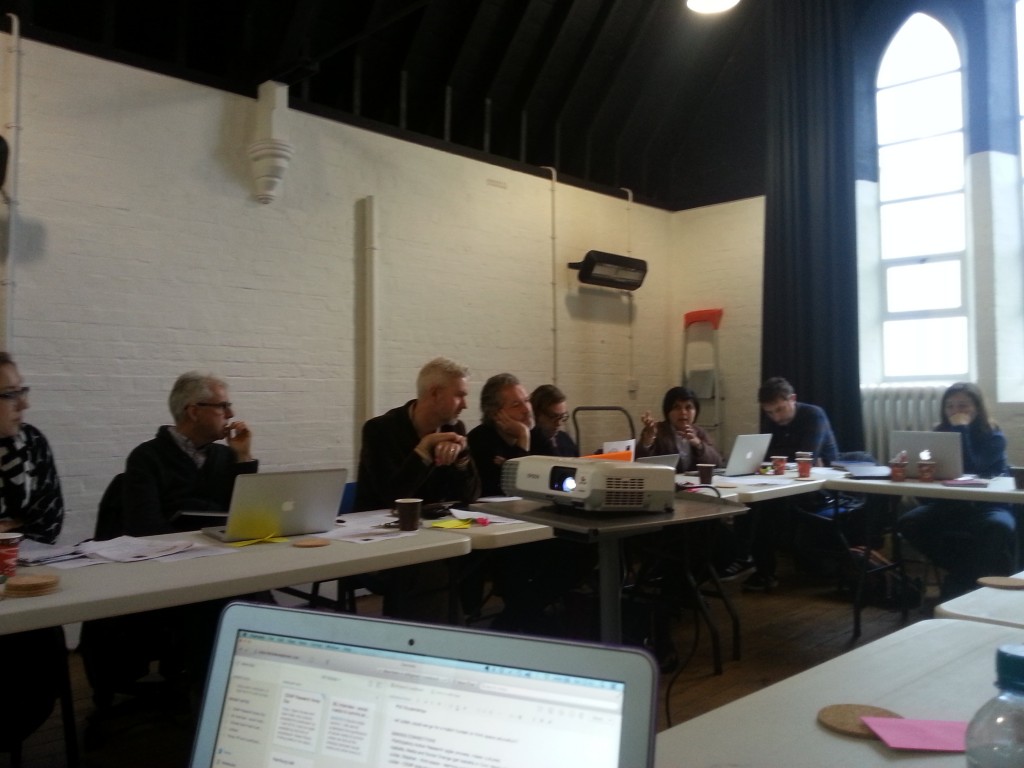 On Friday February 13, 2015 eighteen researchers across all stages of their careers came together for our CEMP Research Away Day. Hosted at the Old School House By the Sea in Boscombe, the day focused on how we can foster our media & education research culture, from REF strategy to collaboration building, both at BU and beyond.
On Friday February 13, 2015 eighteen researchers across all stages of their careers came together for our CEMP Research Away Day. Hosted at the Old School House By the Sea in Boscombe, the day focused on how we can foster our media & education research culture, from REF strategy to collaboration building, both at BU and beyond.
Kicking us off with REF and Impact, Rebecca Edwards from RKEO spoke about key issues including the new Open Access Guidelines and how we can work to evidence our impact. She summed up 8 key points to takeaway:
1. Know your Open Access
2. Go Gold when possible – use RKEO fund
3. Collaborate with other institutions and international colleagues
4. Identify and developing Impact Case Studies
5. Evidencing your Impact as you go along (testimonials, visitor counts, etc)
6. Promote your research on the BU research website
7. Aim to increase research income
8. Focus on PhD registrations and completions
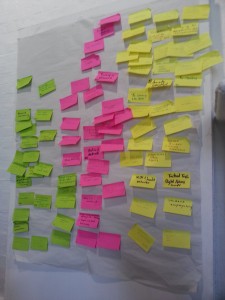 Sound like a gigantic task for just one person? These goals are not for individuals to accomplish alone. Working in teams and groups is key for doing innovative research, producing outputs and building successful bids. Making connections between our work is a necessary beginning.
Sound like a gigantic task for just one person? These goals are not for individuals to accomplish alone. Working in teams and groups is key for doing innovative research, producing outputs and building successful bids. Making connections between our work is a necessary beginning.
Isabella Rega’s Making Connections session got the group talking about where our interests intersect. Using three different coloured post-it notes, we wrote down the issues (green), methods (pink) and stakeholders (yellow) that we work with. Participatory research methods, HE teaching and learning, and Education and Social Change emerged as key overlaps.
Out of these connections some concrete plans emerged, including turning fusion project output into educational resources and a participatory methods workshop day.
From project plans to project afterlife, we shifted to speak about documenting and evidencing impact. We looked at four case studies of research projects including ETAG and Copyrightuser.org, their significance and who they reached. Rebecca Edwards provided advice on how we evidence, measure and track our project’s impact. Sometimes these impacts can be anticipated, but more often there is serendipity and surprise.
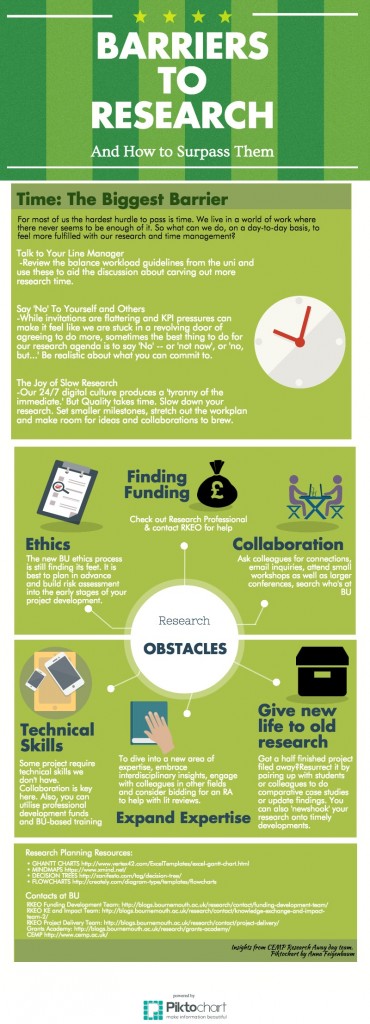 Tracking Impact
Tracking Impact
-Tiers of influence
-Is influencing an organisation enough? How do we understand what this was?
-Testimonials
-Formal letters from key institutions
-If you’ve done research at another institution it doesn’t count at our institution. Impact stays at institution. Reason is because it is usually about groups.
-Entire groups can be rewarded for impact
-Demonstrate the evidence of impact on policy —> Following the story
-Distinct contribution of the University
-Can’t always see the impact from the outset —> serendipity involved, not always
-visitors counts and the result of them
After a tasty, if unidentifiable food-filled lunch from Bosconova, we ran a reflection session on barriers to research bidding and publishing. Designed to get us thinking about the personal and structural constraints on our research, the session helped us room-source practical solutions to common challenges.
Richard Wallis got us back up on our feet with a enthusiastic round of Research Speed Dating. Partnering up with colleagues for short bursts of time, we quickly exchanged project ideas offering feedback and fostering more research connections. Julian McDougall and Richard Berger rounded out the afternoon with a go-around. Everyone shared their upcoming plans and outlined the support they would need to achieve them.
Described by participants as a “fantastic day,” we left feeling the best kind of inspired: more excited and less exhausted about the research plans that lay ahead for CEMP’s growing educational research community.
Anna Feigenbaum is a CEMP Fellow. To find out more about CEMP and how to get involved, check out the website: http://www.cemp.ac.uk/




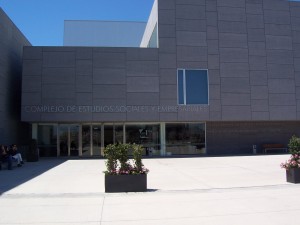

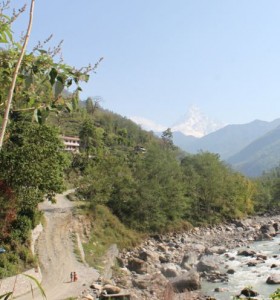
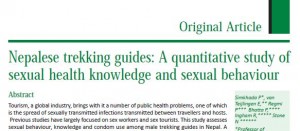


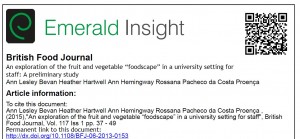

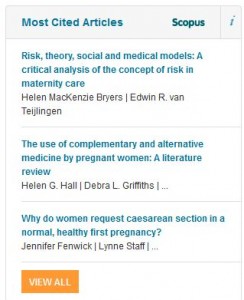


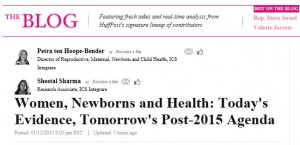
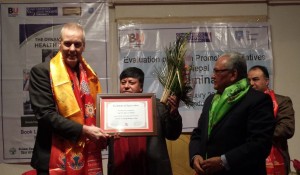
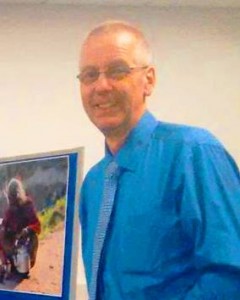
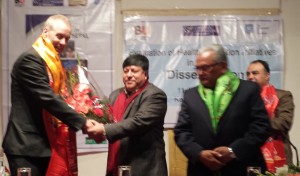

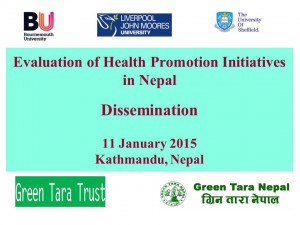
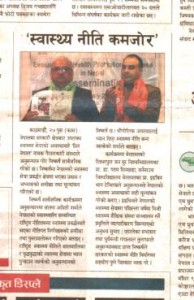











 New Nepal scoping review on maternal & neonatal health
New Nepal scoping review on maternal & neonatal health Fourth INRC Symposium: From Clinical Applications to Neuro-Inspired Computation
Fourth INRC Symposium: From Clinical Applications to Neuro-Inspired Computation Writing policy briefs
Writing policy briefs Upholding Excellence: The Concordat to Support Research Integrity
Upholding Excellence: The Concordat to Support Research Integrity ECR Funding Open Call: Research Culture & Community Grant – Application Deadline Friday 12 December
ECR Funding Open Call: Research Culture & Community Grant – Application Deadline Friday 12 December MSCA Postdoctoral Fellowships 2025 Call
MSCA Postdoctoral Fellowships 2025 Call ERC Advanced Grant 2025 Webinar
ERC Advanced Grant 2025 Webinar Horizon Europe Work Programme 2025 Published
Horizon Europe Work Programme 2025 Published Horizon Europe 2025 Work Programme pre-Published
Horizon Europe 2025 Work Programme pre-Published Update on UKRO services
Update on UKRO services European research project exploring use of ‘virtual twins’ to better manage metabolic associated fatty liver disease
European research project exploring use of ‘virtual twins’ to better manage metabolic associated fatty liver disease